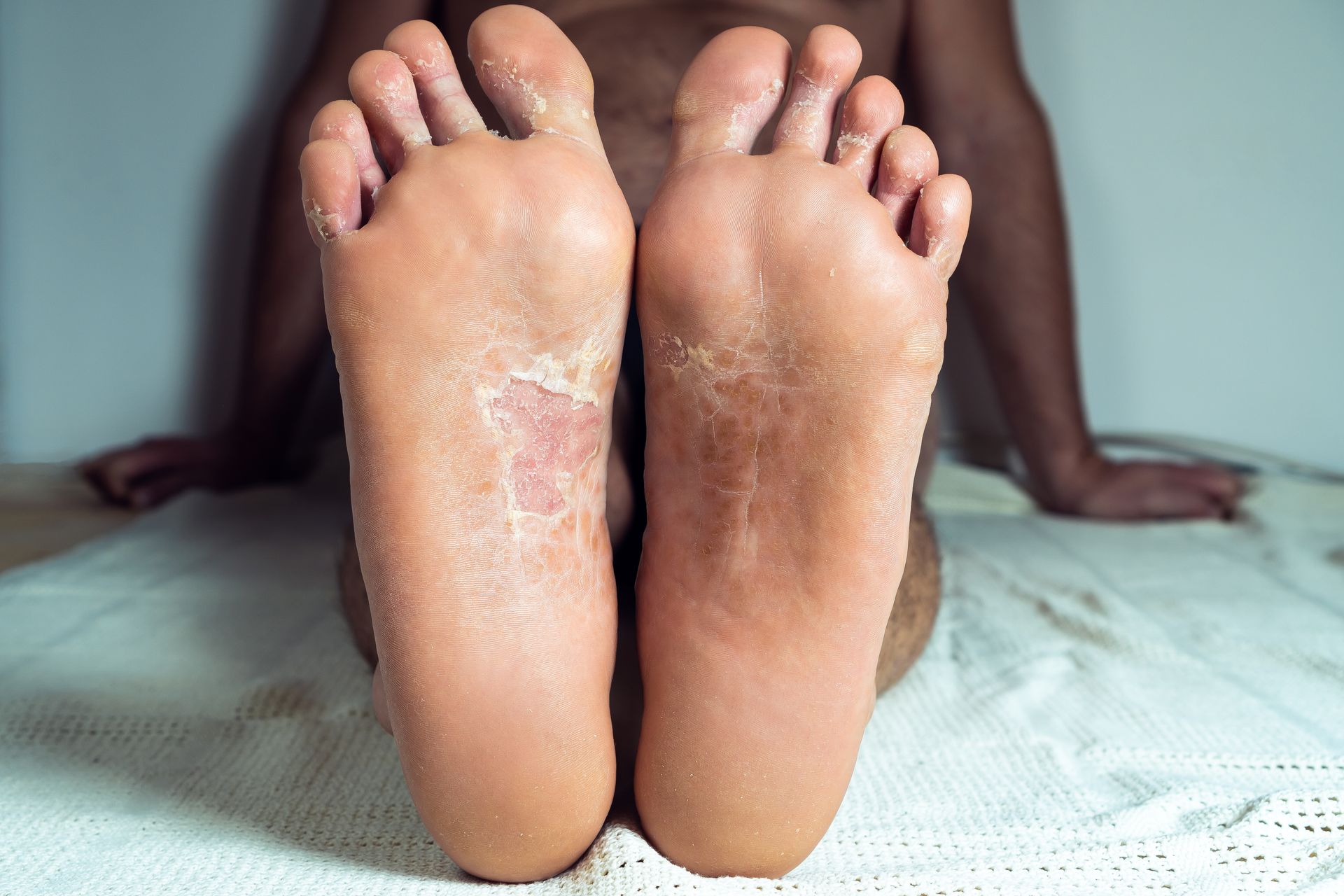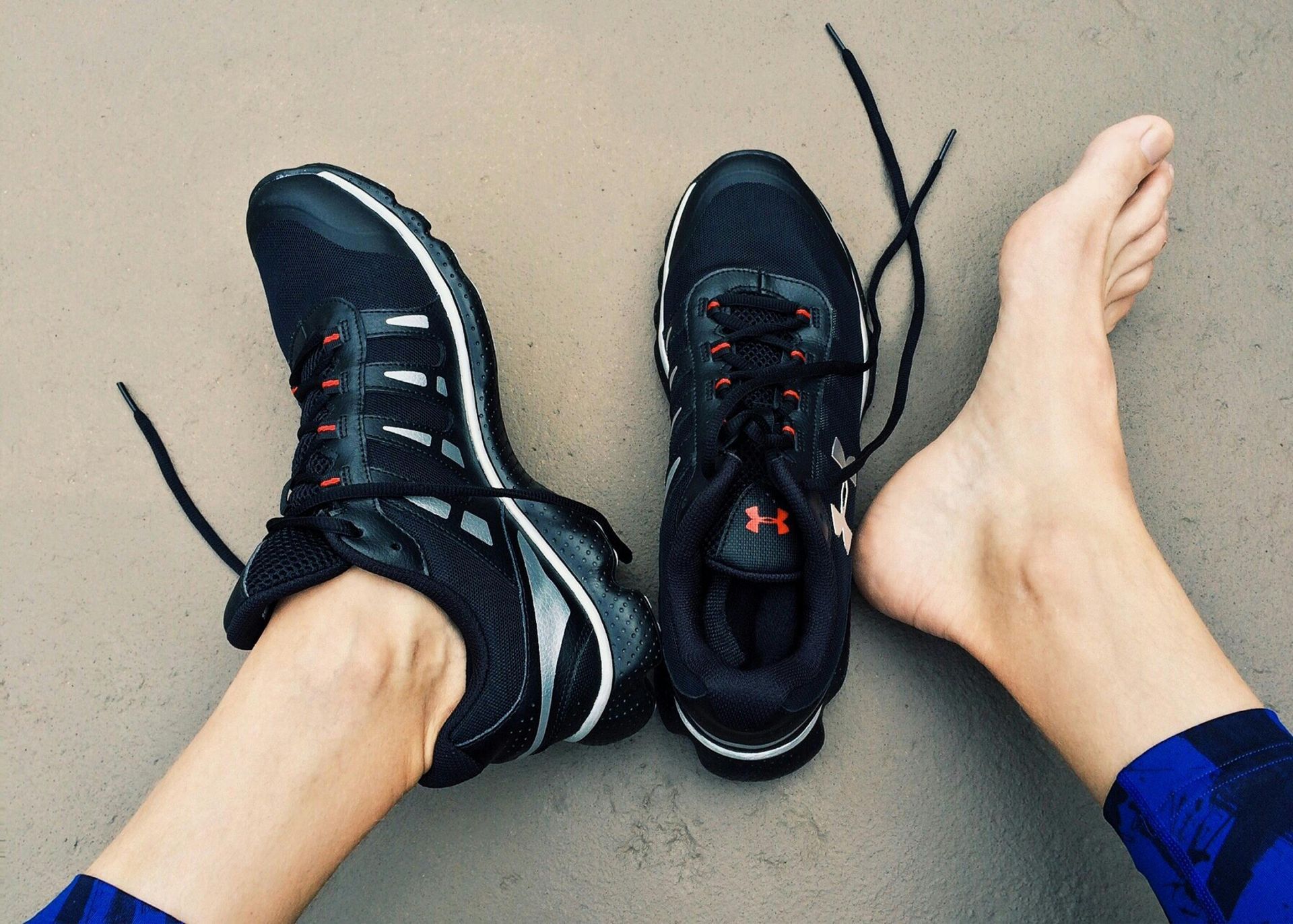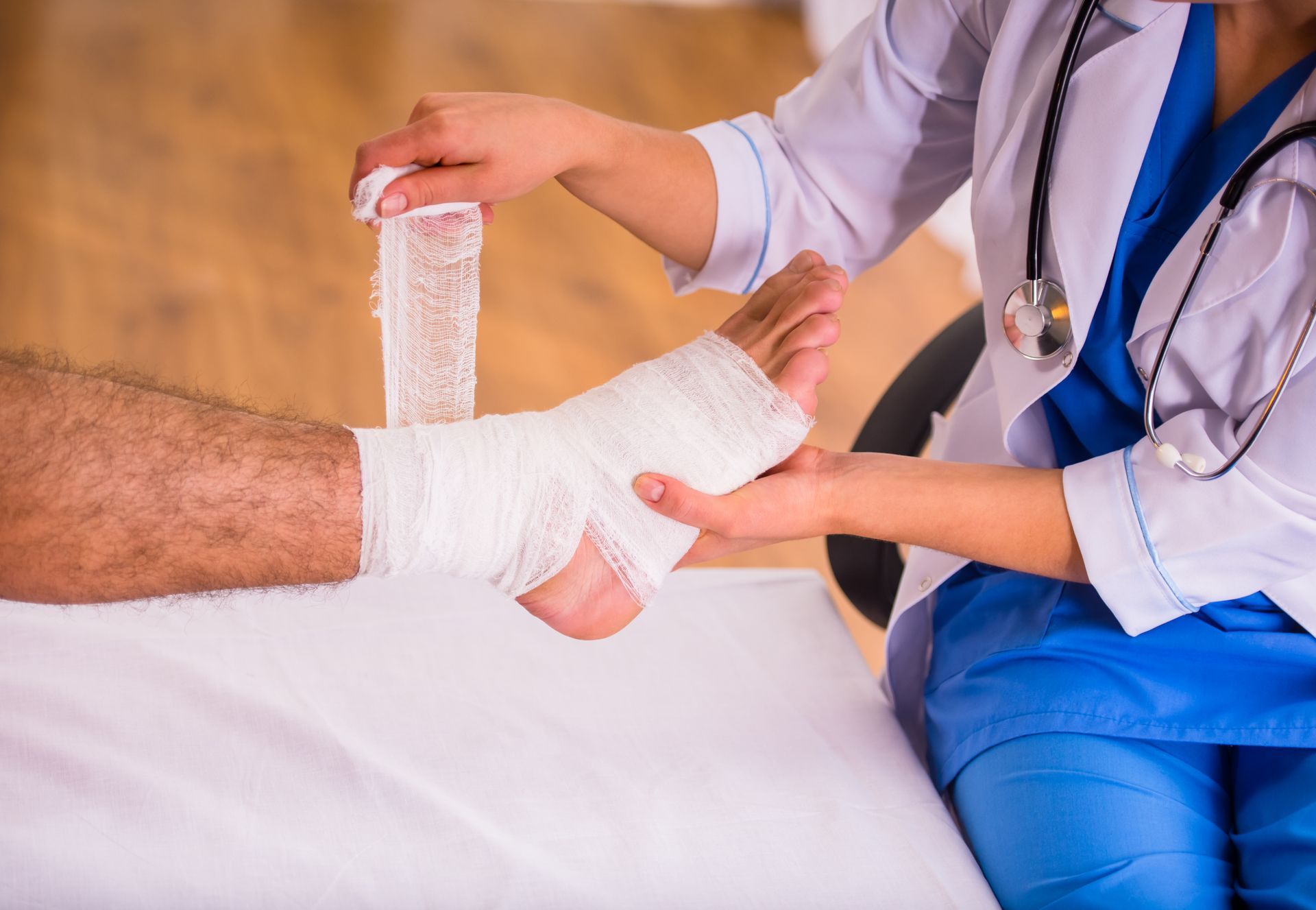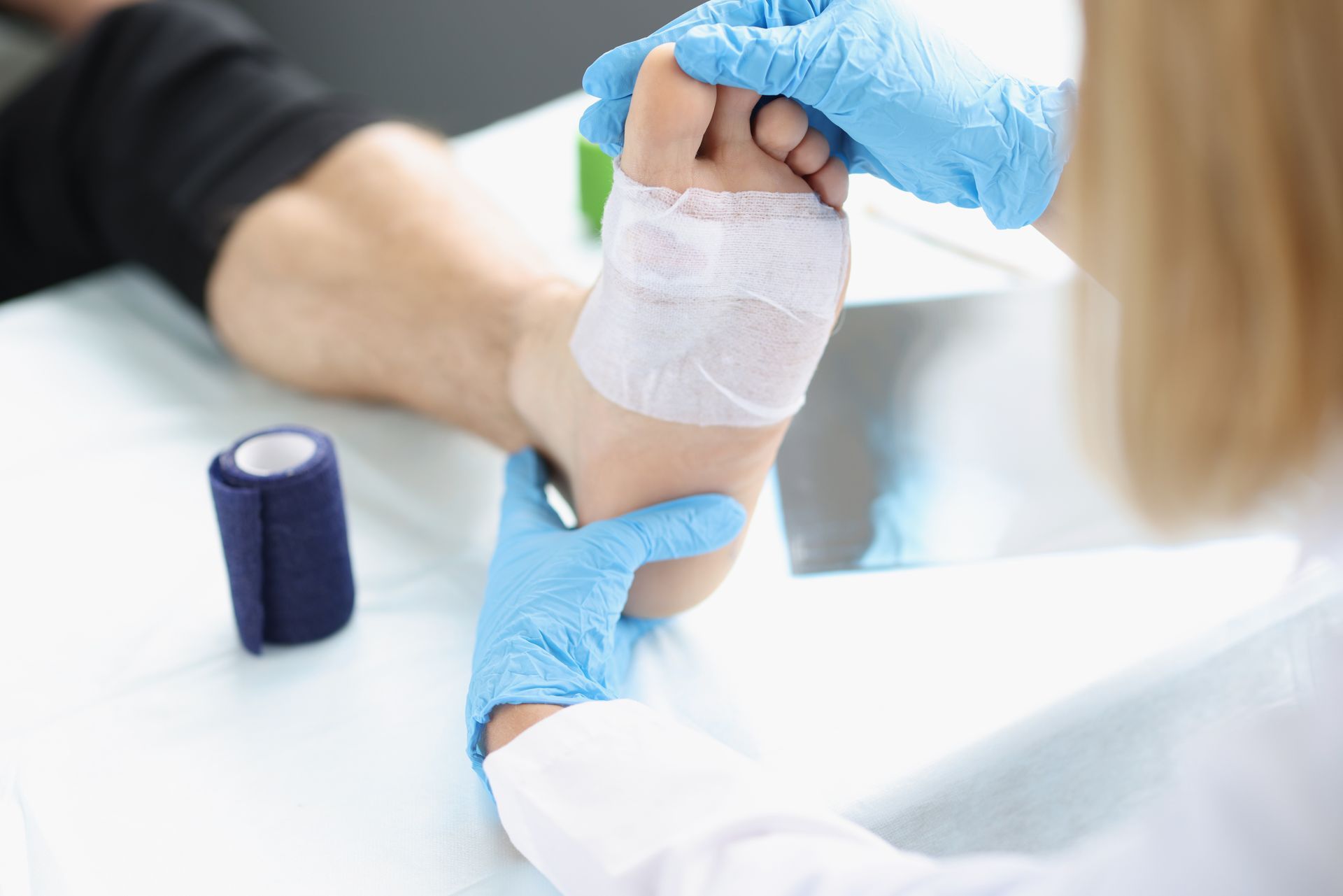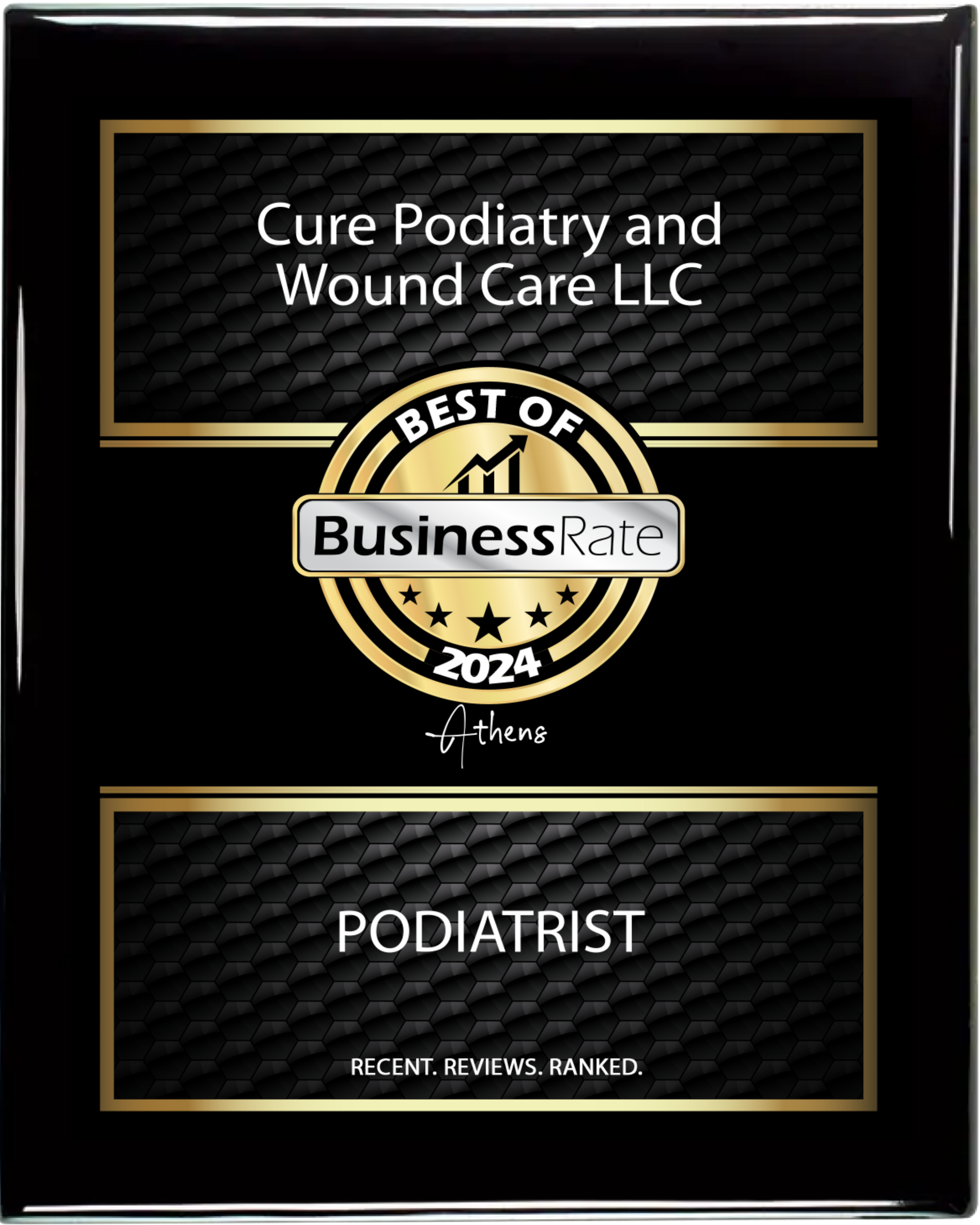What to Do If You Have an Ingrown Toenail
An ingrown toenail might seem like a minor issue, but it can cause significant pain and discomfort if left untreated. It occurs when the edge of a toenail, usually on the big toe, grows into the surrounding skin. This can lead to redness, swelling, infection, and difficulty walking. Fortunately, ingrown toenails can be treated effectively with medical help when necessary.
Here’s a comprehensive guide on what to do if you have an ingrown toenail, which may include going to see a podiatrist in Athens, GA.
1. Recognize the Symptoms
The first step is identifying whether you truly have an ingrown toenail. Common signs include:
- Pain or tenderness along the side of the toenail
- Swelling or redness around the nail
- Warmth and throbbing in the toe
- Pus or drainage, if infection is present
If you notice these ingrown toenail symptoms, especially if they worsen over time, it’s time to take action.
2. Avoid Common Mistakes
To prevent making the problem worse:
- Don’t cut the toenail too short or dig into the corners. This can worsen the ingrowth or lead to infection.
- Avoid tearing or pulling at the nail. Use clean nail clippers and proper tools.
- Don’t ignore signs of infection. If you see pus, experience increasing pain, or notice red streaks spreading from the toe, seek medical attention.
3. Know When to See a Doctor
At-home treatment will not improve your condition. To avoid the toe becoming infected, it’s important to consult a healthcare provider. You should also seek medical help if you:
- Have diabetes or poor circulation
- Experience severe pain or spreading redness
- Have recurring ingrown toenails
- See signs of a deep infection (fever, chills, or swelling spreading beyond the toe)
A podiatrist may prescribe antibiotics if the area is infected. In some cases, they may need to partially or completely remove the ingrown part of the nail, which is a simple in-office procedure done under local anesthesia.
4. Consider Preventative Measures
Once the ingrown toenail is treated, take steps to prevent future occurrences:
- Trim nails properly: Cut nails straight across, not curved. Avoid cutting them too short.
- Wear well-fitting shoes: Ensure your footwear doesn’t press on your toes or crowd your nails.
- Protect your feet: Especially during sports or physical activities, wear appropriate footwear to avoid toe trauma.
- Practice good foot hygiene: Keep your feet clean and dry, and check your toenails regularly.
Make an Appointment with Cure Podiatry & Wound Care for your Ingrown Toenail
Ingrown toenails can be painful, but with the right approach, they can be managed effectively at home. The key is early recognition and proper care. For more severe or recurring cases, professional medical treatment is both safe and effective. With good foot care habits, you can treat and prevent future ingrown toenails.
Not all wounds need the attention of a specialist, but when a wound doesn’t heal, gets infected, or causes serious pain, it’s not something to ignore. Seeing a wound care specialist early can prevent complications, reduce scarring, and speed up recovery. Whether you're dealing with a diabetic ulcer, a post-surgical complication, or an injury that just won’t heal, our professionals can guide you toward the safest, most effective treatment options for long-term healing and better health.
Cure Podiatry & Wound Care provides quality podiatric care in a family-friendly setting. We pride ourselves in not only diagnosing and treating your wound, but also educating our patients.
Dr. Mahzoon, an ABPM Board Certified Podiatrist with extensive experience in wound care, also provides excellent foot and ankle care. We will work closely with your primary care doctor, vascular, infectious disease, and other specialists to formulate the best course of treatment. If you are in need of wound care,
contact us today to schedule an appointment.
Cure Podiatry & Wound Care
1135 Prince Ave
Athens, GA 30606
706-405-7773


